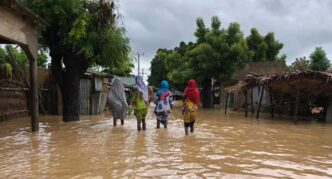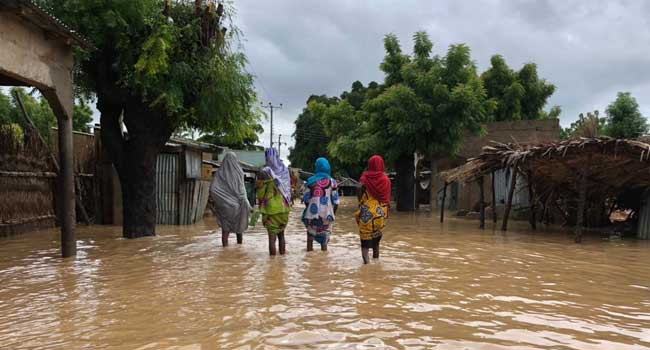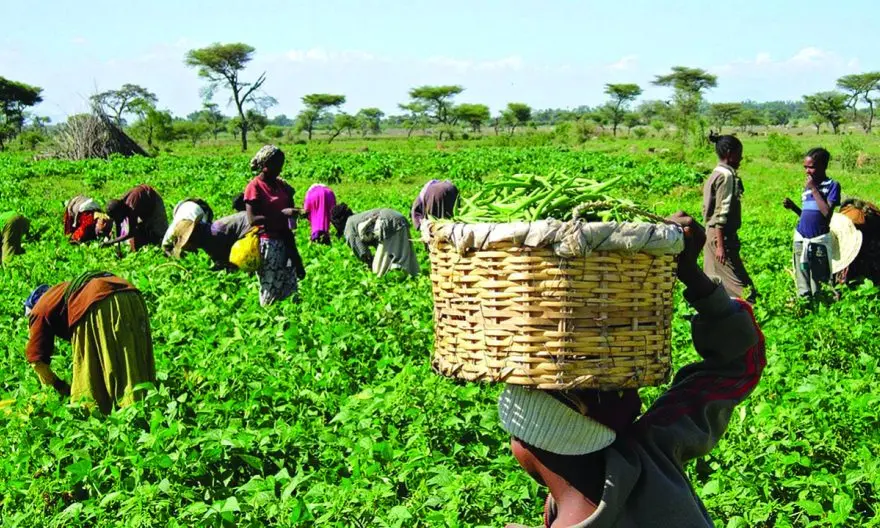heatwave
Despite directly impacting our communities, health, and livelihoods, climate-related reports usually take a back seat to dominant news beats like politics and business.
Climate Watch aims to ensure you never miss important stories on climate change and actions being taken to limit its impact.
Here is a round-up of last week’s climate stories:
- The United Nations Children’s Fund (UNICEF) says 466 million children worldwide live in areas that experience at least double the number of extremely hot days every year compared to six decades ago. In its analysis released on August 14, UNICEF compared averages in the 1960s with the period 2020 to 2024, measuring the days which exceeded 35°C. The analysis found that in 16 countries, children now experience more than a month of additional extremely hot days. According to the report, children in South Sudan are living through a yearly average of 165 extremely hot days this decade, compared to 110 days in the 1960s, while in Paraguay, it has increased to 71 days from 36. It said children in west and central Africa face the highest exposure to extremely hot days and the most significant increases over time. UNICEF said 123 million children or 39 percent of children in Africa experience at least 95 days in temperatures above 35°C. The organisation added that extremely hot days are reaching as many as 212 days in Mali, 202 days in Niger, 198 days in Senegal and 195 days in Sudan. In Latin America and the Caribbean, almost 48 million children live in areas that are experiencing twice the number of extremely hot days.
UNICEF warned about the speed and scale at which extremely hot days are increasing for almost half a billion children worldwide, many without the infrastructure or services to endure it. Catherine Russell, UNICEF executive director, said the hottest summer days now seem normal. “Extreme heat is increasing, disrupting children’s health, well-being and daily routines,” Russell added. - Last week, a new study by the Barcelona Institute for Global Health found that more than 47,000 people died from searing temperatures in Europe in 2023. The research team used mortality data from the European Statistical Office (Eurostat) to estimate the heat-related mortality burden for 823 regions in 35 countries. According to these estimates, there were 47,690 heat-related deaths in Europe last year. This, the study said, is the second highest mortality rate since such calculations began in 2015, with the highest rate recorded in 2022. The researchers also found that the countries with the highest heat-related mortality rates are in southern Europe. Find out more here.
- The National Biosafety Management Agency says agricultural biotechnology is crucial in enhancing food security. Yemisi Asagbra, NBMA DG, spoke at a biosafety/biotech communication workshop held in Lagos on August 14. Asagbra said there is a need to inform the public about agricultural biosafety and biotechnology advancement and its advantages. She added that the workshop aimed at enhancing the media’s capacity to accurately communicate complex biosafety topics to the public and dispel disinformation about genetically modified crops. Read more here.
Advertisement
Add a comment







